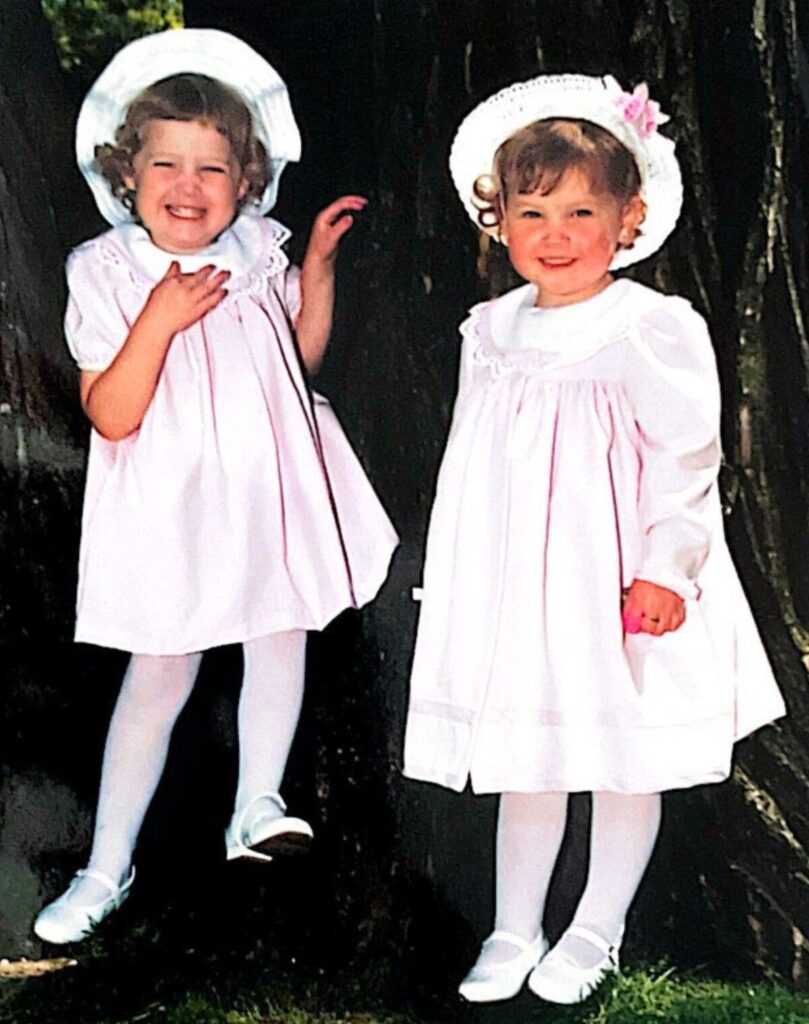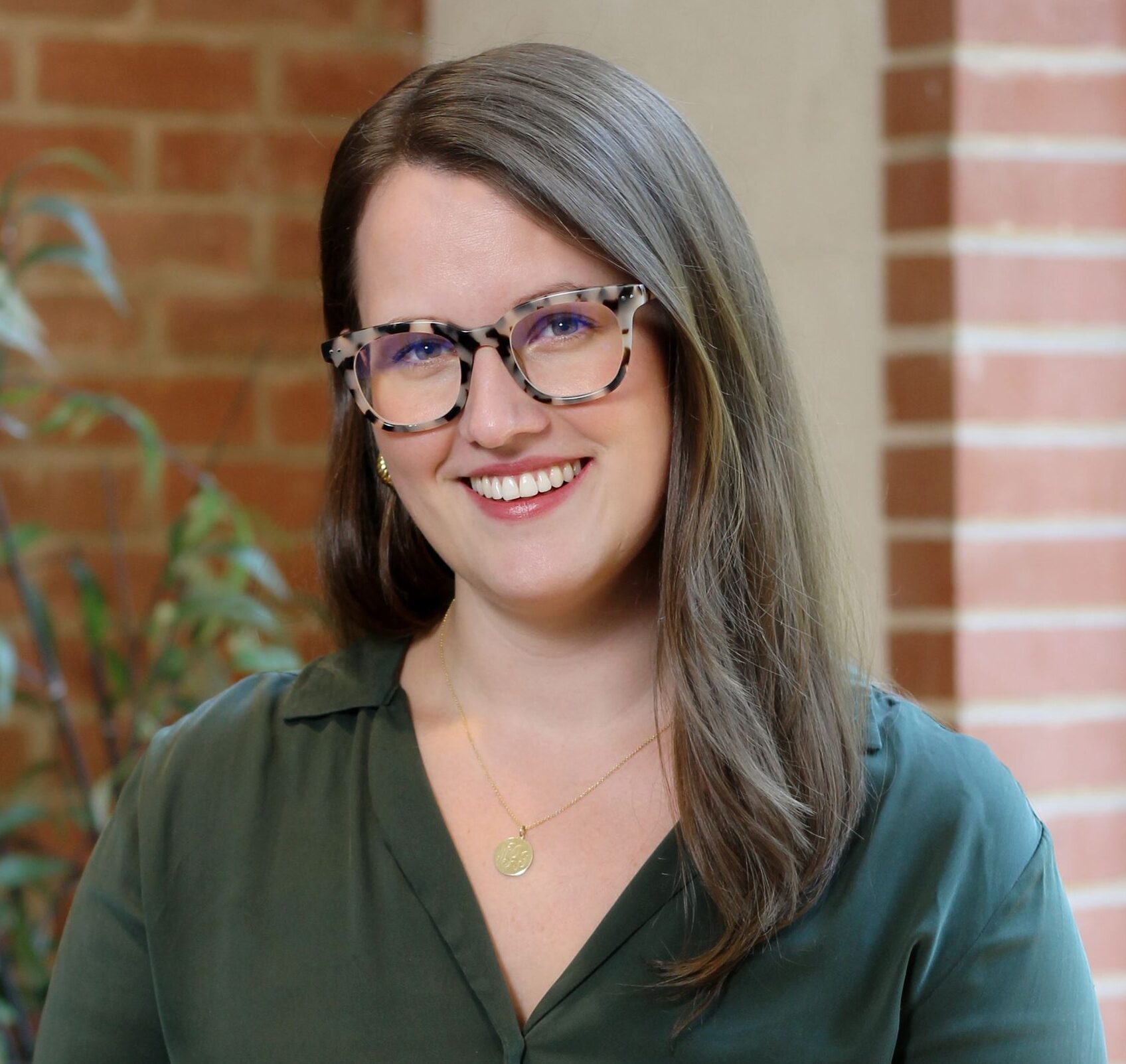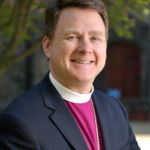
Transforming Church to be a
Radical Alternative
… “Where are those loyal millions now? … The rise of religious “nones” in the United States should not trick us into thinking that a lack of religiosity equates to a lack of interest in complex questions, spiritual connection, or desire for community. But if churches don’t offer space for people to explore their souls in compassionate community with others, people will not turn to churches to have these seemingly innate desires met.” — Mary Grace Puszka
by Mary Grace Puszka
I grew up with a mom who knew everyone at our Roman Catholic church. Every Sunday morning, my sister and I would wear matching dresses as we sat between my parents in the second pew on the right side at the 10:30 mass. Mom would linger for an hour afterwards (much to Dad’s dismay) to catch up with her friends while my sister and I ran wild with ours in the church hall. At Thanksgiving, Mom would know which families in our parish couldn’t afford a full Thanksgiving meal, and she would covertly organize a collection of money for frozen turkeys and spend her free time dropping them off to our neighbors’ homes to ensure no one went without. At Christmas, the same routine would be repeated. There was never a public mention of a “fundraiser” or “toy drive,” but Mom and a few of her church lady friends would organize themselves to ensure that all the families had turkeys on Thanksgiving and age-appropriate presents under the tree for a magical Christmas morning.
right side at the 10:30 mass. Mom would linger for an hour afterwards (much to Dad’s dismay) to catch up with her friends while my sister and I ran wild with ours in the church hall. At Thanksgiving, Mom would know which families in our parish couldn’t afford a full Thanksgiving meal, and she would covertly organize a collection of money for frozen turkeys and spend her free time dropping them off to our neighbors’ homes to ensure no one went without. At Christmas, the same routine would be repeated. There was never a public mention of a “fundraiser” or “toy drive,” but Mom and a few of her church lady friends would organize themselves to ensure that all the families had turkeys on Thanksgiving and age-appropriate presents under the tree for a magical Christmas morning.
As I grew up and studied religion and politics more seriously in college, the charity-in-the-moment networks that weren’t backed by an effort to grapple with or dismantle the unjust systems that kept people needing this charity left me disillusioned. A disconnect emerged between how I was learning to read the Gospels – through the lens of Liberation Theology and Catholic Social Teaching – and what I was hearing from the pulpit each week. This rift led to an overwhelming isolation and frustration whenever I returned to the church that was my social center as a child. Showing up in the second pew felt performative, so I stopped showing up.
My experience of disconnect and isolation is far from unique. Leaving the church due to its lack of a firm stance on injustice isn’t solely a modern problem for today’s young people. In his “Letter from Birmingham Jail,” The Rev. Dr. Martin Luther King reflects,
The contemporary church is so often a weak, ineffectual voice with an uncertain sound. It is so often the arch supporter of the status quo. Far from being disturbed by the presence of the church, the power structure of the average community is consoled by the church’s often vocal sanction of things as they are.
But the judgment of God is upon the church as never before. If the church of today does not recapture the sacrificial spirit of the early church, it will lose its authentic ring, forfeit the loyalty of millions, and be dismissed as an irrelevant social club with no meaning for the twentieth century. I meet young people every day whose disappointment with the church has risen to outright disgust.[1]
Today’s church is now living the consequences of King’s prediction from 1963.
Where are those loyal millions now? What I have been pleasantly surprised to find is that there are whole movements of believers who feel isolated by the faith of their childhoods who are cultivating fulfilling spiritual companionship with each other. The rise of religious “nones” in the United States should not trick us into thinking that a lack of religiosity equates to a lack of interest in complex questions, spiritual connection, or desire for community. But if churches don’t offer space for people to explore their souls in compassionate community with others, people will not turn to churches to have these seemingly innate desires met.
But if people won’t seek community in church, what happens to the invisible, inherently good, and sorely needed community networks that my mom and countless others forged across the pews? And what would the church have to do to offer a radical alternative to “the status quo”? How can a church community offer their neighbors a vision that could both bring new energy to our faith and neighborhoods while simultaneously building networks that both address immediate needs and dismantle injustice?
Robin Wall Kimmerer, Potawatomi botanist,  author, and professor, offers specific, adaptable guidance in her book, Braiding Sweetgrass: Indigenous Wisdom, Scientific Knowledge, and the Teachings of Plants. Simply put: refuse to participate in systems that exploit others and the earth. A noble, albeit increasingly complex, pursuit in a society deeply dependent on child labor and exploitation, the destruction of the earth for energy, the military industrial complex, and deeply engrained, unjust racial and gender hierarchies.
author, and professor, offers specific, adaptable guidance in her book, Braiding Sweetgrass: Indigenous Wisdom, Scientific Knowledge, and the Teachings of Plants. Simply put: refuse to participate in systems that exploit others and the earth. A noble, albeit increasingly complex, pursuit in a society deeply dependent on child labor and exploitation, the destruction of the earth for energy, the military industrial complex, and deeply engrained, unjust racial and gender hierarchies.
Perhaps Kimmerer’s recommendation feels daunting for clergy and church staff who are already stretched thin managing a plethora of urgent responsibilities. However, I would argue that deprioritizing work that isn’t truly important in the long term and incrementally investing focused energy into revitalizing your church and community is worth consideration and investment.[2]
The following is a far from comprehensive list of examples to catalyze your thinking and, hopefully, your incremental action to transform your church into the radical alternative to the status quo that Christ’s example calls us to be:
- If your church can’t support a ministry of its own, organize a regular volunteer schedule where parishioners can support local organizations on a routine basis – food pantries, community gardens, after-school programs, and more are almost always searching for reliable volunteers. If your church can support a ministry, access the needs and skills of your community, and start that ministry.
- Host a clothing or furniture swap to support parishioners in “shopping” second-hand first; partner this initiative with a sermon about how the fast-fashion industry both destroys our shared earth and fails to uphold the rights and dignity of children and workers.
- Organize parishioners to show up at community forums and local protests; let people know (with signage or verbally) that your faith is what compels you to speak up for the rights and dignity of all people.
- Host a community forum where local leaders can discuss solutions to community challenges; start and end each forum with a firm, hopeful reminder that while respectful debate is encouraged, all parties should approach disagreement with the assumption that each person wants what is best for their family, community, and the world.
- Cancel your church’s Amazon subscription and co-create a list with parishioners of local and/or sustainable businesses to ensure you can buy all of the essential items in a way that is aligned with your values.
- Divest endowments and other church investments from fossil fuel industries and weapons manufacturers; tell people on Sunday that you did so and why.
- Host a book club, documentary screening, or a live conversation with a local activist that provides an opportunity for members of your community to learn more about specific injustices (and perhaps even strategies for combatting them at the local level – which is where most sustainable change happens).
- Host evenings where community members can write letters to incarcerated people in your community, or even people on death row, keeping in mind Sister Helen Prejean’s reminder that “everyone is worth more than the worst thing they have done.”
- Organize carpools to help people get to the polls on Elections Day (for local, state, and federal elections).
Many of these options may strike parishioners as radical or too far of a departure from what church is “supposed” to be. Each action here is an opportunity to remind believers of the radical, revolutionary life and love of Christ – a man who overthrew the tables of injustice, who befriended and defended those society deemed unworthy, and who was mercilessly murdered by a corrupt state. “I hope the church as a whole will meet the challenge of this decisive hour.”
[1] Emphasis mine.
[2] See the Eisenhower Matrix for guidance on how to identify urgent versus important work.
 Mary Grace Puszka is a strategic communications expert specializing in digital communications and social media. With over seven years of experience managing both traditional and digital communications for faith-inspired nonprofits, she merges creative storytelling, data analytics, emerging trends, and science-backed protocols to amplify organizational impact.
Mary Grace Puszka is a strategic communications expert specializing in digital communications and social media. With over seven years of experience managing both traditional and digital communications for faith-inspired nonprofits, she merges creative storytelling, data analytics, emerging trends, and science-backed protocols to amplify organizational impact.
Mary Grace currently serves as Communications Manager for Episcopal Ministries of Long Island and supports the Office of Communication Ministry in the Episcopal Diocese of Long Island. She also consults with Red Letter Christians, a national movement at the intersection of Jesus and justice. She holds a B.A. in Political Science and Religious Studies from Stonehill College.
From training teams, developing campaigns, and executing wide-scale communication and development plans, Mary Grace’s expertise and passion lies in developing and implementing efficient systems in spirit-filled organizations to bring forth Christ’s Kingdom of justice and love – right here and right now.





